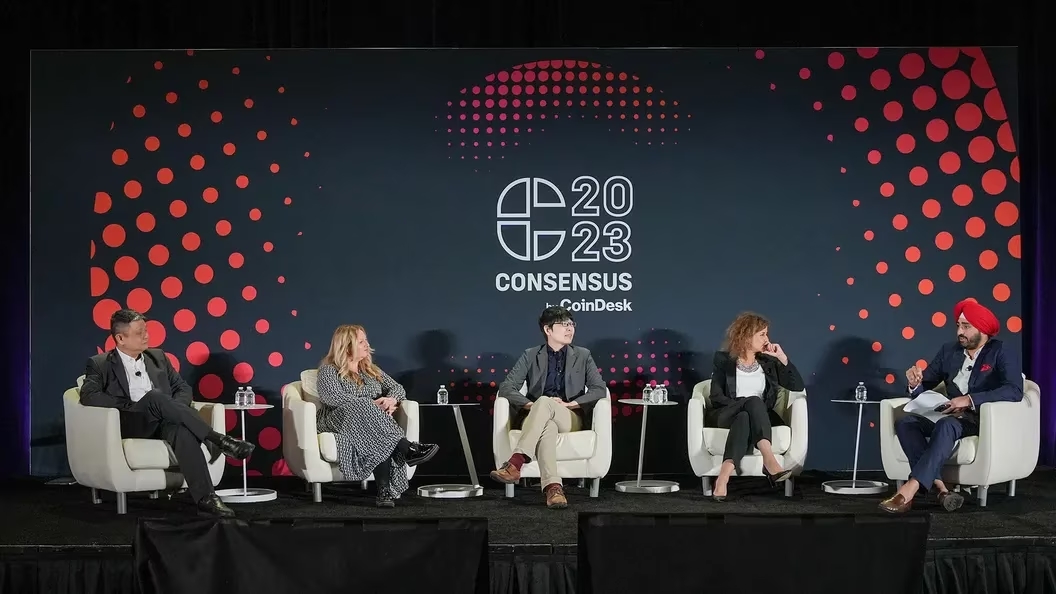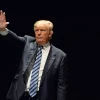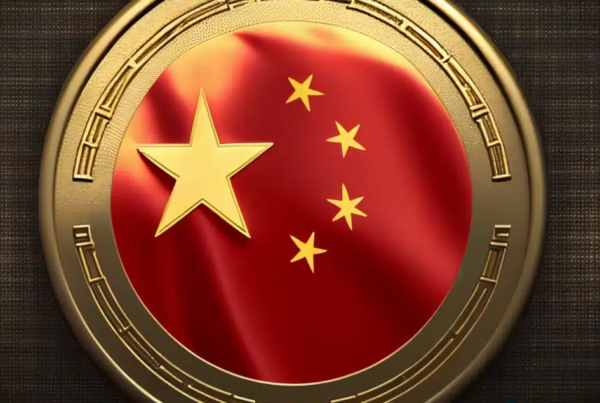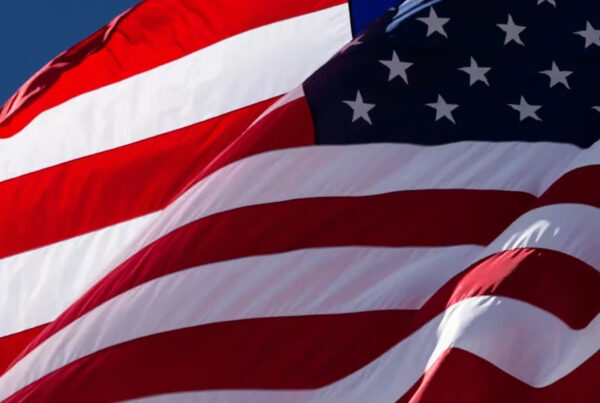“It’s not good to put crypto all in the same basket and look at it in a vacuum,” said Marianne Bechara, senior counsel at the International Monetary Fund.
Crypto regulatory frameworks need to be coordinated internationally but tweaked to meet local differences, legal experts said at a panel during Consensus 2023 here on Friday.
“It’s not good to put crypto all in the same basket and look at it in a vacuum,” said Marianne Bechara, senior counsel at the International Monetary Fund.
Regulators worldwide have been working for several years to determine how best to coordinate international crypto regulation. Earlier this month, the European Parliament approved the European Union’s crypto-assets framework, the Markets in Crypto-Assets (MiCA) regulation, which some observers have said could form a template for other jurisdictions. Even so, each country or region has issues that are area-specific, the panelists said.
“There’s some level of coordination, but there should still be some level of space for individual jurisdictions to address their own context,” said Brian Yeoh, director of fintech at Abu Dhabi Global Markets. “I think international securities regulation and international regulation as a whole recognizes that there’s a need for some level of convergence.”
“So I think the specific concerns that the U.S. has on how you deal with the definitions of the security may not necessarily apply in other jurisdictions,” he said. “There is no commonly accepted definition of a security worldwide.”
Global rules for crypto will be suggested in September by global standard setters, the IMF and the Financial Stability Board (FSB). Individual countries are also pushing ahead with issuing crypto rules.
The U.K. is planning on issuing crypto specific guidelines within a year and the U.S. House Financial Services Committee in April published a draft version of a stablecoin bill. In Asia, Japan approved a Web3 white paper to promote industry growth in that country, including tax and decentralized autonomous organization (DAO) measures.






